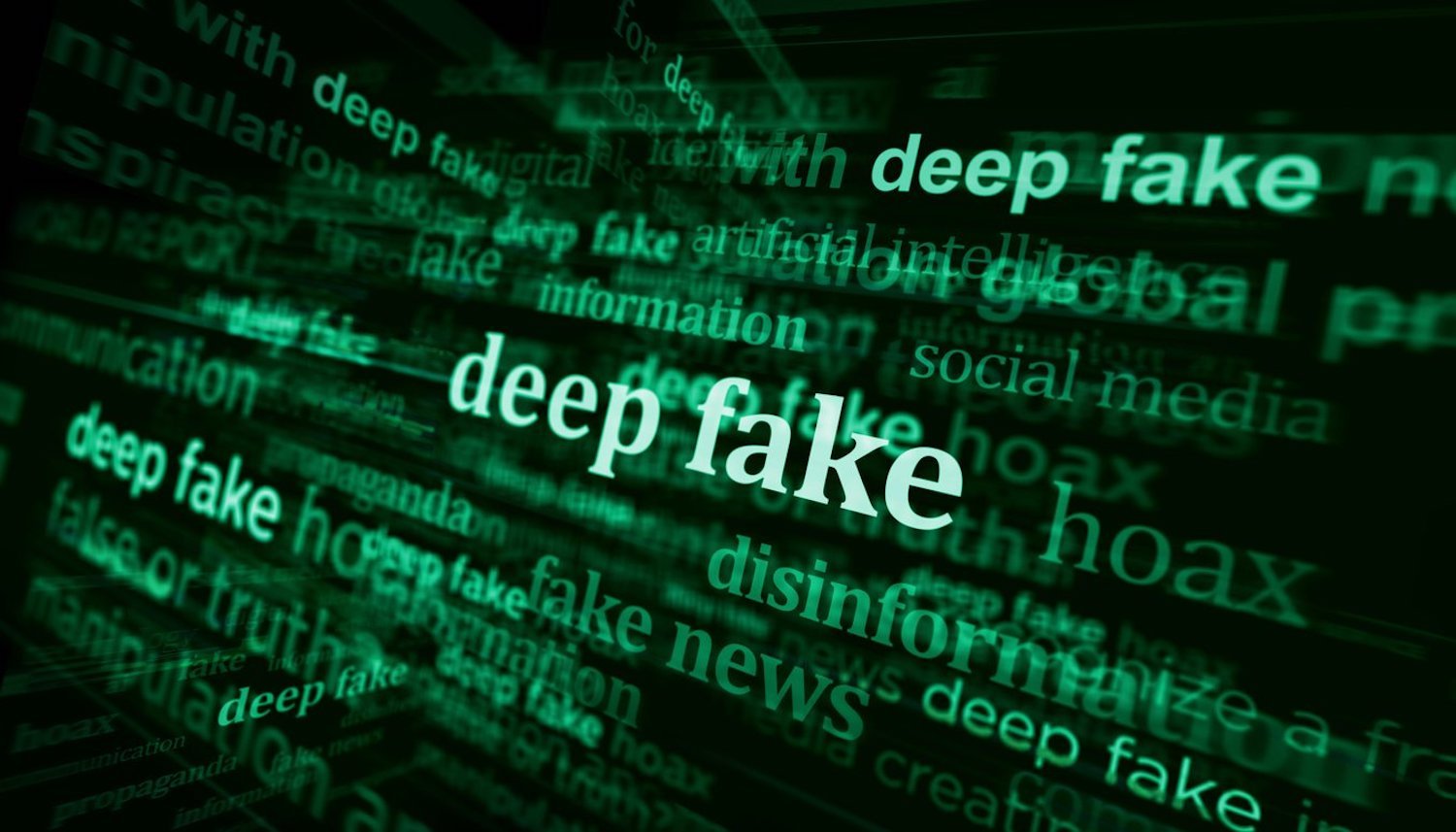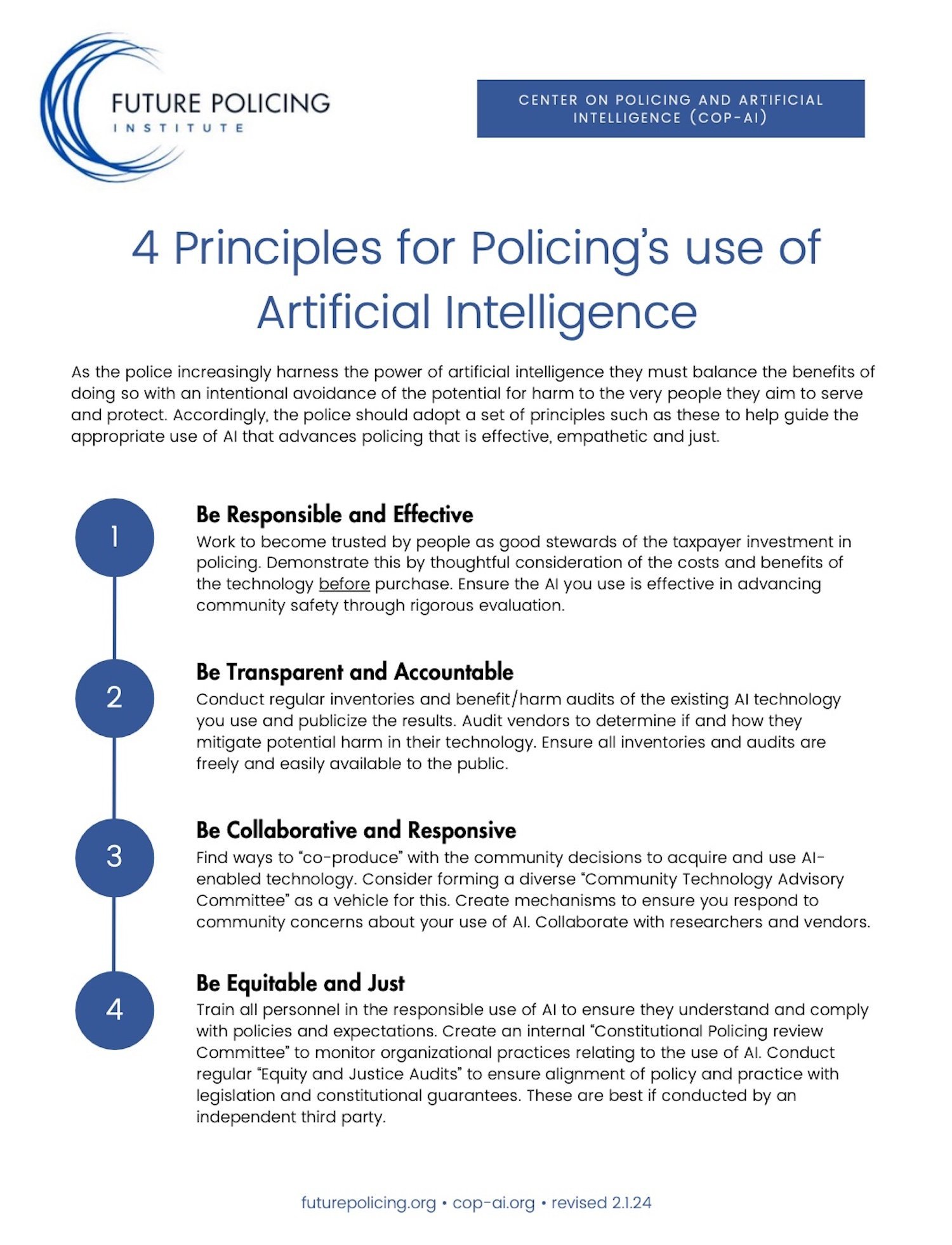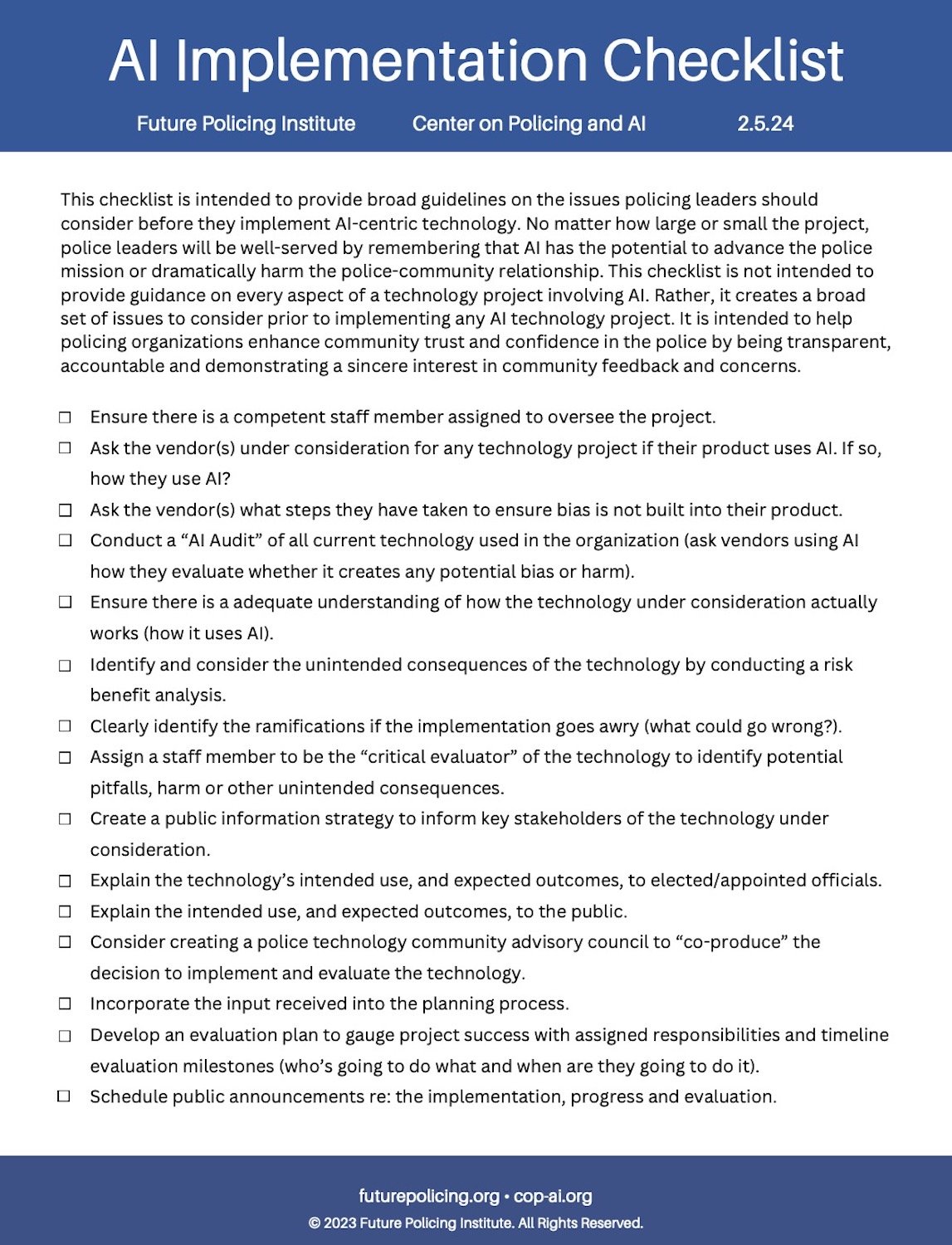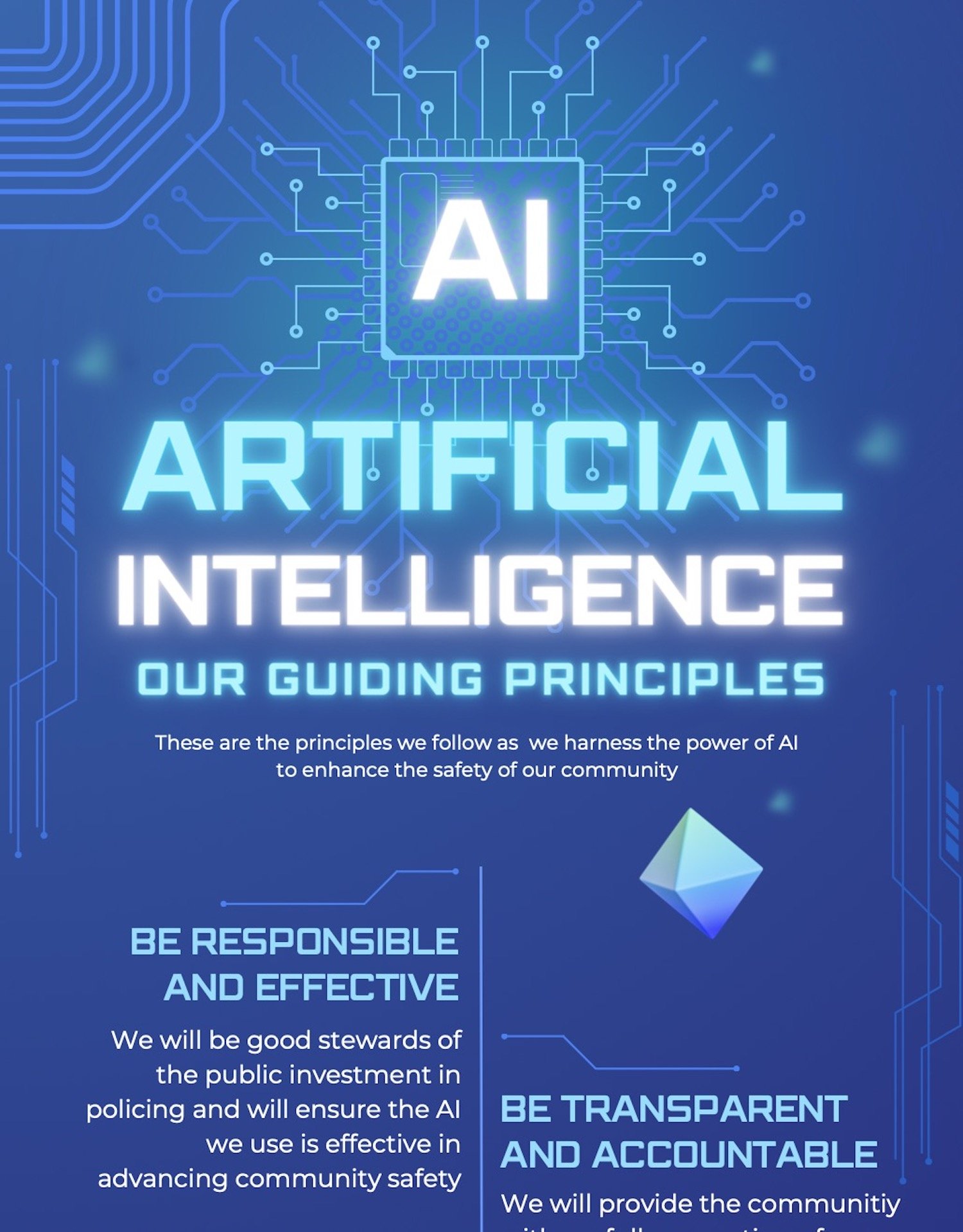Disclaimer: The views and opinions expressed by the Future of Policing Institute fellows are theirs and do not necessarily reflect the views or positions of any entities they represent.

Why investigative excellence matters – now and in the future
The investigation of crime is an important part of policing. But it’s not just “investigating” that matters. It’s excellent investigations that solve crime, enhance public safety and increase the public’s trust and confidence in the police. In addition, it is excellent investigative work that reduces the incidence of wrongful arrest and convictions. And that’s what the people the police are paid to protect have every right to expect from them.

Spiderwebs: A Future Tool for Crime Scene Forensics
Researchers studying ways to protect our environment have discovered the use of spiderwebs to collect environmental DNA to help them identify animals and organisms that have previously been at the places they are studying. Can this methodology for collecting DNA be displaced to forensic crime scene investigations?

The Benefits of Using AI in Municipal Government: A Use Case Overview
Integrating Artificial Intelligence (AI) within municipal government operations can significantly enhance efficiency, reduce losses, and improve overall safety for employees and the public.

Reacting vs Responding when it counts (and it always counts!)
In policing, cops are frequently required to react to rapidly unfolding situations. And that’s appropriate. It may very well mean the difference between surviving an incident or having your name carved into the National Law Enforcement Officers Memorial in our nation’s capital. But reacting to most of the situations with which cops are confronted, as opposed to responding to them, is frequently an admission ticket to a citizen’s complaint investigation. The key is using the right reaction in the correct situation.

The Importance of “Where done it?” in the prevention of crime
This playful article by Retired Chief Steve Ford underscores the value of focusing on the “where” of crime vs the “who” of crime when the prevention of crime is a primary goal. Every crime has a “where” attached to it. Where did the crime occur? Where was the victim first seen by the suspect? Where does the suspect hang out?
Police leaders of the future who focus on the “Where done it” as opposed to the solely considering the “who done it,” will better serve the communities they protect by being more effective at controlling crime and demonstrating they are also empathetic and just administrators of justice.

The Culture Code in Law Enforcement Episode I
Leadership in law enforcement is faced with a significant challenge of a changing culture, whether we like it or not. Attracting applicants and retaining them, if we can hire them, is directly tied to the culture we have within our agencies. One of the contributing factors to reduced applicants in policing may be due to the reduction in religious affiliation.

Preparing for Deepfakes
Deepfakes, the fake news stories, photos, audio clips or videos of people saying things they didn’t, or depicting events that didn’t happen, are one of the many new realities of the age of artificial intelligence. In the near future they will affect policing. Anticipatory police leaders should be educating themselves and their staff on deepfakes. They will also be developing strategies for dealing with deepfakes aimed at their agencies.

The Unintended Consequences of Reimagining Policing
“Reimagining policing” is one version of police reform. In this model, first responders will not be the police to incidents involving mental illness, homelessness or substance abuse unless they are violent. Despite calls to re-think policing, police officers will continue to be called upon for non-emergency situations in the foreseeable future. Will they bring the hardened tools of a warrior when what is needed are the softened tools of a peacekeeper? Is this a unintended consequence of reimagining policing?

After Disclosure: Implications for Policing When We Find Out We’re Not Alone In The Universe
“Disclosure” of extraterrestrial life refers to any act by governments or authoritative bodies to reveal to the public their knowledge of alien life forms from beyond Earth. Many consider such an event to be a "black swan event,” with far-reaching ramifications on all aspects of society – religion, science, international relations, and public safety. Disclosure will have serious implications for policing. Police forces may face challenges such as maintaining order amid widespread panic, enforcing new laws and regulations, managing crowd control measures and adapting to emerging technologies.

Strengthening Partnerships with Traditional and Broadcast Media: Enhancing Law Enforcement Communication in the Digital Era
In an era dominated by digital platforms and social media, traditional newspapers, television, and radio remain invaluable partners for law enforcement agencies in effectively communicating critical information to the public. Law enforcement leaders must remember that public perception is built upon their public activity, and press conferences in the height of a crisis can make or break how a community thinks not just of the leaders but the department as a whole.

4 Principles for Policing’s use of Artificial Intelligence
There are four principles the police should follow when using artificial intelligence. These articulate the manner in which the police can demonstrate their responsible use of AI and how it can help advance policing that is effective, empathetic and just.

Electronic Skin for Officer Wellness: A NASA-like Approach Using AI
Electronic skin is a wearable technology that can monitor various physiological and environmental parameters, such as heart rate, blood pressure, temperature, sweat, and stress hormones. By integrating electronic skin with artificial intelligence (AI), it is possible to analyze the data collected by the sensors and provide real-time feedback and recommendations to police officers and their supervisors.

School, Swatting and the Dark side of AI
As school districts across the country continue to examine the use of AI technology for educational purposes and plagiarism concerns, police leaders and emergency managers must reflect on how this technology will be leveraged to enhance the severity of swatting calls and fictitious emergencies. How will school districts and their first responding partners address deep fake videos made with AI technology portraying an active shooter inside a school? What if AI technology generates the shooter as a current student in the school?

How the Criminal Justice System has Evolved in Supporting Victims of Sexual Assault
By Chief Jerald Monahan (ret.)
The way in which the criminal justice system responds to victims of sexual assaults has evolved tremendously since the days when I was a rookie police officer. Today, the system is much more responsive to the needs of victims but still has lots of room for improvement. As this story points out, for some survivors of sexual assault, “justice” can be served, and the rebuilding of their lives can begin, through the ways in which the people in the system respond to survivors.

AI-powered Smartphones and Policing
Smartphones have used some form of Ai for several years. Recent advances mean these ubiquitous devices will increasingly use AI as their central technology. In the very near future, policing will harness the power and utlitiy of AI-powered smartphones as they are issued to every officer and they become as prevalent as handcuffs, firearms and body worn cameras on officers’ inventory of routine equipment.

What would Martin Luther King, Jr. say today about policing?
What if we could talk today to Martin Luther King, Jr. today about policing? Would he say something like "I gave a speech in Washington, DC in 1963 about my dream for racial equality in America and I frequently dream about policing in America. I dream of a day when all policing is effective, empathetic and just for everyone, not just the privileged.”

Policing in an Increasingly Divided America
With American society increasingly divided along ideological and racial lines, policing finds itself at the epicenter of social, political and cultural tensions. Maintaining public order and trust has never been more daunting. The roles played by police leaders, union leaders and local elected officials in keeping police forces impartial, effective and trusted by the communities they serve are critical in keeping a balanced policing landscape alive in an unbalanced society. Here, we briefly explore some of the contributions each of these key actors makes toward keeping this balance and remaining impartial.

The True Purpose of Policing
Developing a collective agreement on the true purpose of policing is fundamental to advancing policing in the future. Policing’s true purpose is to prevent crime and disorder by being effective, empathetic and just.

AI Implementation Checklist
Before implementing technology that uses AI, police leaders will be well-served by reviewing this checklist to ensure they don’t create unintended harm or damage their community relationship.

AI Principles Infographic
Infographics can be used to enhance te public’s understanding of complex policing issues. Here we present an example of an infographic that explains the principles that drive the responsible use of AI by the police.

